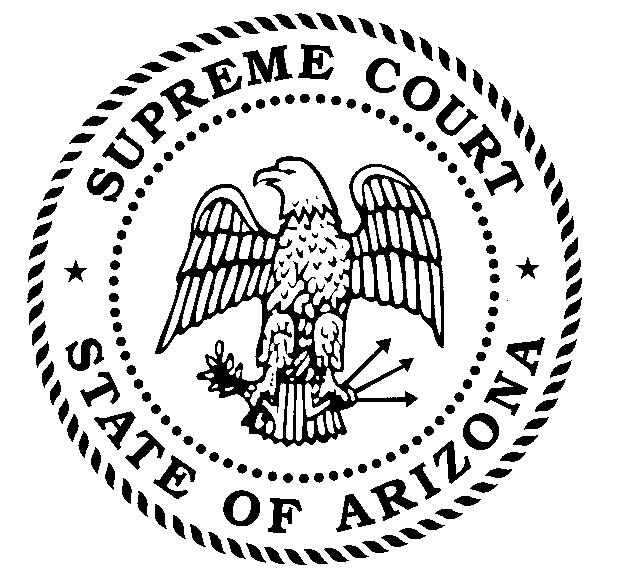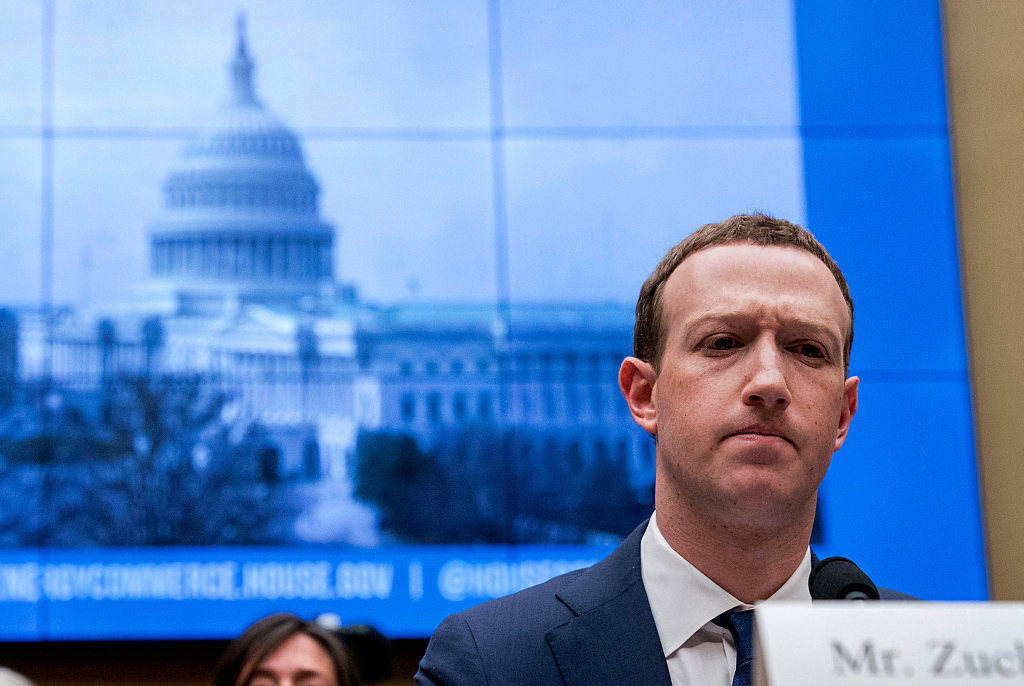In a recent appeal case of a Tucson man allegedly charged with child molestation, two dissenting Arizona Supreme Court justices have said that “the criminal statute says any kind of deliberate sexual contact is considered child molestation and does not require proof of sexual intent.” The social media headlines following this incident have been extremely provocative, and suggestive of the fact that a parent changing their infant’s diaper is tantamount to sexual molestation.

While the intent behind the statement may have been twisted beyond recognition, it is undeniable that the incident has left parents in and care-givers in a state of panic about the law regarding child molestation.
Trying to assuage the concerns of Arizona parents, legal experts have come out in defense of the law, stating that they doubt prosecutors will charge parents, baby-sitters or doctors who come into “sexual contact” with a child in the course of their normal care-giving tasks. But that hasn’t stopped the panic from spreading.
The problem with the statute seems to be that the intention behind the sexual contact need not be proven to be sexual in nature. That ambiguity is what appears to have led to this wide-spread concern among not only parents, but everyone who comes into contact with small children as part of their work.
Most working parents who look for daycare centers specifically search for facilities that can help with diaper-changing, potty training and other duties. These parents, like Nikole Fletcher of Phoenix, say that such services are essential. The risk now is that care-givers will deliberately not do these tasks because they are at risk of being charged with sexual contact with the children under their care.
But Maricopa County Attorney Bill Montgomery, one of Phoenix’s top prosecutors, had this to say in an attempt to ease parents’ minds:
“It is incredibly insulting to believe any prosecutor reviewing a case for charging would not be able to tell the difference between an adult taking proper care of a child and the molestation of a child victim.”
The point is, however, such a law does exist to protect children under the age of 15 against child molestation. And people are worried about it. At the end of the day it doesn’t come down to what people think or believe, but what the law states, and the law is, to use an oxymoron, clearly ambiguous.
As a validation of people’s fears about this law, Arizona State University College of Law professor Paul Bender said this:
“I doubt very much whether there are going to be many unjust prosecutions under that interpretation, but it could happen. Because people are nervous about it, it’s a problem.”
He goes on to say:
“If you’re going to accuse someone of a bad thing — of a criminal act — you should have to prove all the things that are necessary to make it a criminal act.”
And that’s essentially the crux of the problem. The onus of proving that the intent behind the contact was not sexual falls on the the defendant, not on the person accusing the defendant of child molestation.
Protecting the rights of children is and should be paramount in every single case, but the way this law is currently worded and the panic that’s been spread through social media accounts clearly shows that the law isn’t doing what it is supposed to – protecting the innocent. This is a big loophole that could be used by unscrupulous parties to exact revenge on someone, for example. Prosecutors might not take up such a case, but the fact that they can do that and win because of this statute is what is worrisome.
At 1redDrop, we don’t typically write about topics not related to technology, but this was one story that we just couldn’t ignore.
Thanks for reading our work! On Apple News please favorite the 1redDrop Channel, and do bookmark 1redDrop.com to keep tabs on the hottest, most happening news from around the world.



